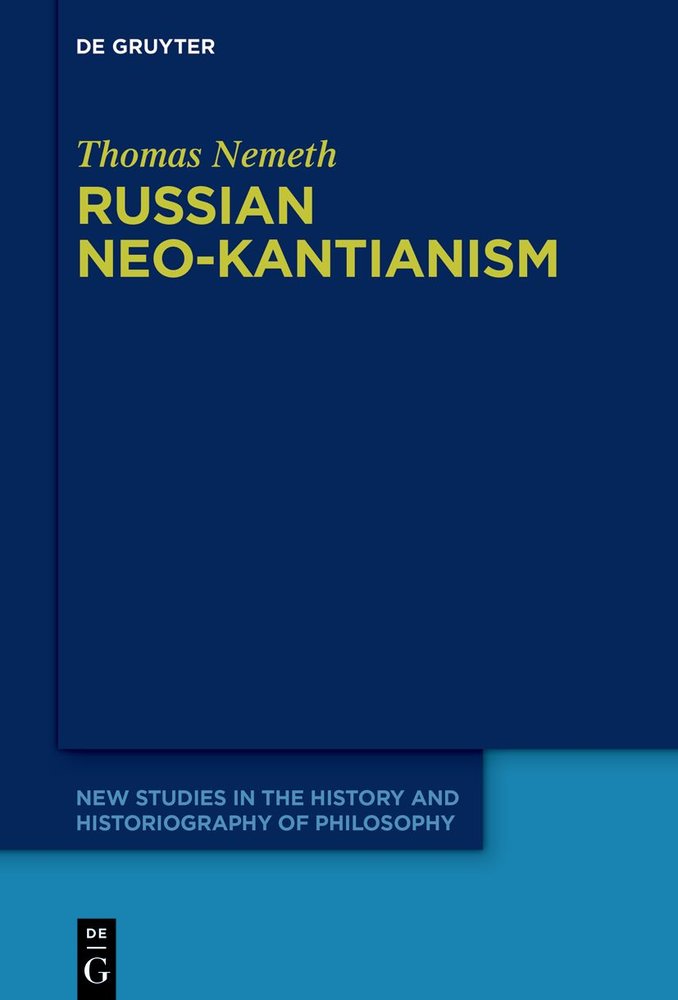This, the first in-depth and comprehensive book-length study of the Russian neo-Kantian movement in English language, challenges the assumption of the isolation of neo-Kantianism to Germany. The present investigation demonstrates that neo-Kantianism had an international dimension by showing the emergence of a parallel movement in Imperial Russia spanning its emergence in the late 19th century to its gradual dissolution in the aftermath of the Bolshevik Revolution. The author presents a systematic portrait of the development of Russian neo-Kantianism starting with its rise as a philosophy of science. However, it was with the stream of young students returning to Imperial Russia after a period of study at German universities that the movement accelerated. More often than not, these enthusiastic, young philosophers returned home imbued with the neo-Kantianism of their respective but divergent host institutions. As a result, clashes were inevitable concerning the proper approach to philosophical issues as well as the very understanding of Kant's philosophy and his legacy for contemporary thought. In the end, the broad promise of a Western-oriented neo-Kantianism could not withstand the pressures it confronted on all sides.


